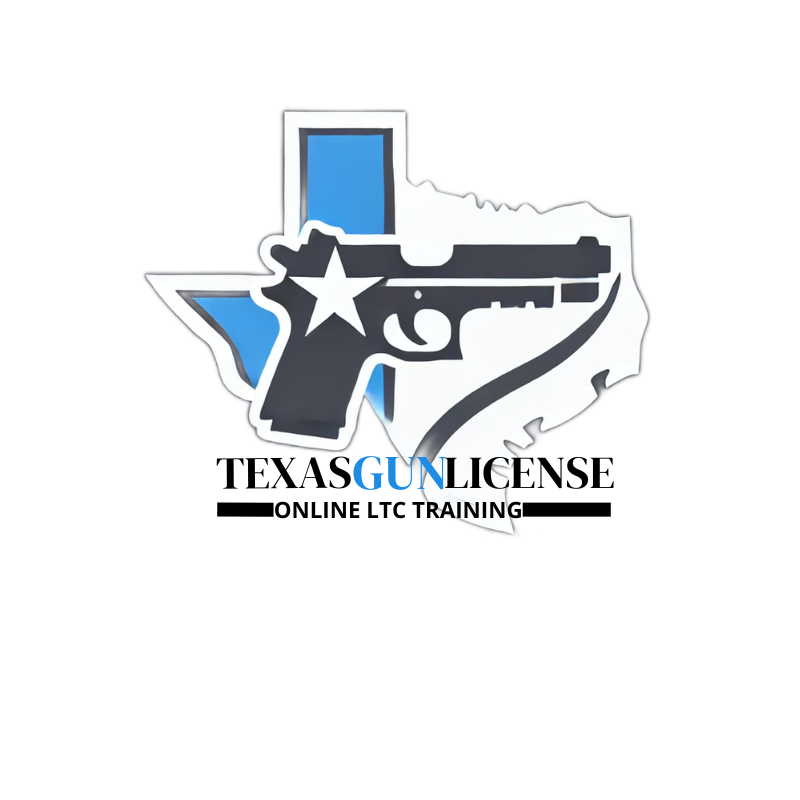ELIGIBILITY REQUIREMENTS
1. You must be a legal resident of Texas for the six month period preceding the date of application, or be otherwise eligible under § 411.173(a).
- 2. You must be at least 18 years of age.
- 3. You must not have been convicted of a felony. A felony conviction makes an individual ineligible for a concealed handgun license. A person with deferred adjudication probation for a felony offense under Title 5 offense or a Chapter 29 Penal Code offense is still not eligible.
Convicted means an adjudication of guilt or, except as provided in Section 411.1711, an order of deferred adjudication entered against a person by a court of competent jurisdiction whether or not the imposition of the sentence is subsequently probated and the person is discharged from community supervision. The term does not include an adjudication of guilt or an order of deferred adjudication that has been subsequently:
(A) expunged;
(B) pardoned under the authority of a state or federal official; or
(C) otherwise vacated, set aside, annulled, invalidated, voided, or sealed under any state or federal law (effective Sept 1, 2009)
§ 411.1711 CERTAIN EXEMPTIONS FROM CONVICTIONS. A person is not convicted, as that term is defined by § 411.171, if an order of deferred adjudication was entered against the person on a date not less than 10 years preceding the date of the person’s application for a license under this subchapter unless the order of deferred adjudication was entered against the person for an offense under Title 5, Penal Code, or Chapter 29, Penal Code Section 25.07, Penal Code or Section 30.02(c)(2) or (d) Penal Code. (See attached list)
- 4. You must not be currently charged with the commission of a felony, a Class A or B misdemeanor, or equivalent offense, or an offense under Section 42.01 of the Penal Code (Disorderly Conduct) or equivalent offense.
- 5. You must not be a fugitive from justice for a felony or a Class A or B misdemeanor, or equivalent offense.
- 6. You must not be a chemically dependent person. A person with two convictions within the ten year period preceding the date of application for offenses (Class B or greater) involving the use of alcohol or a controlled substance is ineligible as a chemically dependent person.
- 7. You must not be incapable of exercising sound judgment with respect to the proper use and storage of a handgun. If an applicant has a psychiatric disorder or condition which may make an individual ineligible for a license, the application will be sent to the Medical Advisory Board (MAB) to determine whether the applicant is eligible to receive a license.
- 8. You must not have been convicted in the five years before the date of application of a Class A or B misdemeanor, or equivalent offense, or an offense under Section 42.01 of the Penal Code (Disorderly Conduct) or equivalent offense. The date of conviction (that is, the date the judge signed an order), not the date of arrest.
- 9. You must be fully qualified under federal and state law to purchase a handgun. The “Brady” Law includes several eligibility requirements for purchasing a handgun.
You must not have been finally determined to be delinquent in making a child support payment administered or collected by the attorney general.
- 10. You must not have been finally determined to be delinquent in the payment of taxes collected by the comptroller, state treasurer, tax collector of a political subdivision, Alcoholic Beverage Commission or any other agency or subdivision.
- 11. You must not be currently restricted under a protective order or restraining order affecting the spousal relationship. If a person’s spouse or ex-spouse has a protective or restraining order against the person, even an agreed order, then the applicant must wait until the order expires before applying for a LTC.
- 12. You must not have been adjudicated as having engaged in delinquent conduct violating a felony-grade law within 10 years of the date of application. This section applies only to juvenile offenses, not to felonies committed by adults.
If you have additional questions call the DPS at (800) 224-5744 or (512) 424-7293.

